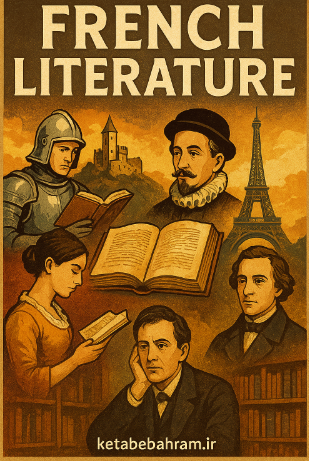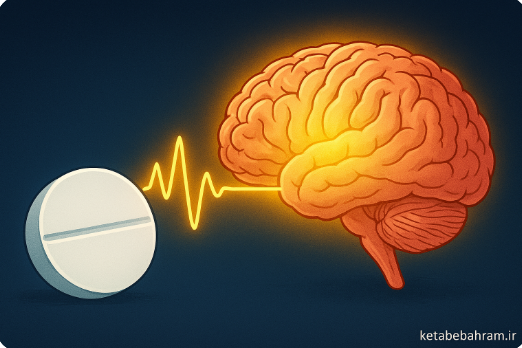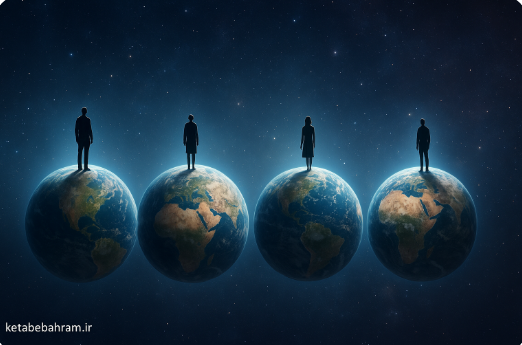French Literature: A Journey Through the History of Culture, Art, and Words
French literature is one of the most important and influential literary traditions in the world—a branch of art that has not only shaped the French language and culture but also left a profound impact on the history of Europe and beyond. From medieval poetry to Enlightenment philosophy, from romantic novels to modern literature, French literature has always been associated with innovation, beauty, and deep thought.

History of French Literature
1. Medieval Literature
French literature began in the Middle Ages, shaped by myths, epics, and oral culture. Chivalric romances, such as tales of the Knights of the Round Table, and courtly love poetry laid the foundations of French storytelling.
Key features of this period include Old French as the literary language and the romantic and epic style of poetry.
2. The Renaissance





